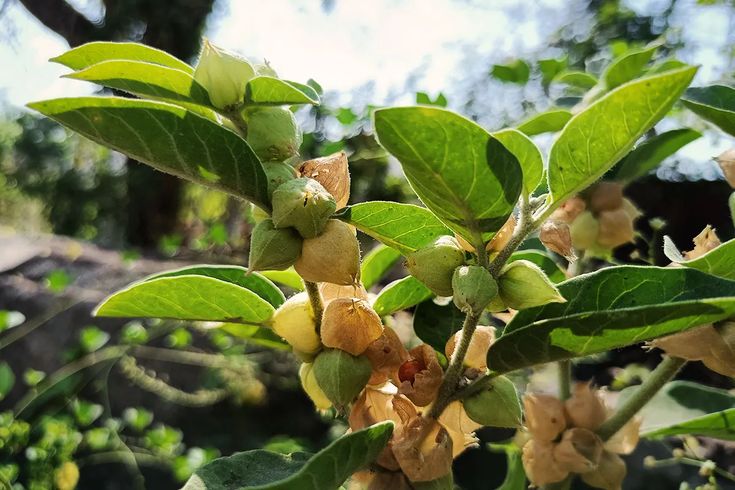
🌸 Passionflower for Anxiety: Nature’s Gentle Calm
Meta Description (SEO):
Discover how passionflower helps with anxiety and sleep. Backed by research, this gentle herb calms the mind, reduces stress, and supports restful sleep—naturally and safely.
—
S – Situation: Anxiety in Today’s World
Let’s be honest—modern life is overwhelming. From constant notifications to tight deadlines, our nervous systems are often stuck in “fight or flight” mode. No wonder anxiety has become one of the most common health struggles worldwide.
While medications are helpful for many, some people seek gentle, plant-based remedies with fewer side effects. This is where passionflower (Passiflora incarnata), a beautiful climbing vine with purple blooms, enters the spotlight.
Used for centuries by Native Americans and later in European herbal medicine, passionflower is now being rediscovered as nature’s gentle calm. But does science back up the tradition? Let’s find out.
—
A – Action: How Passionflower Works
Passionflower’s calming power lies in its ability to influence the brain’s chemistry:
Boosts GABA (gamma-aminobutyric acid): This neurotransmitter helps slow brain activity, promoting relaxation and better sleep.
Balances stress hormones: Research suggests passionflower lowers cortisol, the “stress hormone,” which helps restore emotional balance.
Gentle on the system: Unlike strong sedatives, passionflower typically calms without causing heavy drowsiness.
🌿 Scientific Evidence on Passionflower
1. Generalized Anxiety Disorder (GAD)
A 4-week clinical trial compared passionflower extract to oxazepam (a prescription anxiety drug). Both reduced anxiety significantly, but passionflower caused fewer issues with daytime performance (PubMed, 2001).
2. Pre-Surgery Anxiety
Studies show passionflower given before surgery reduced patient anxiety levels as effectively as some sedatives—without strong side effects like confusion or grogginess.
3. Sleep Support
A 2011 trial found people drinking passionflower tea for 7 nights reported better sleep quality, likely thanks to its GABA-enhancing effects.
4. Children & Adolescents
Newer research (2025) suggests passionflower may safely reduce anxiety and improve sleep in young patients when used alongside professional care.
—
R – Result: What This Means for You
So, where does this leave us?
Gentle Anxiety Relief: Passionflower may be effective for mild to moderate anxiety.
Better Sleep: If restlessness keeps you awake, a nightly cup of passionflower tea could help.
Fewer Side Effects: Compared to conventional sedatives, passionflower usually has less risk of grogginess or dependency.
Holistic Approach: Works best alongside other lifestyle practices—breathing exercises, therapy, or yoga.
⚠️ But a word of caution: Passionflower is not a cure-all. For severe anxiety, professional guidance is essential.
—
P – Proposal: How to Use Passionflower Safely
If you’re curious to try passionflower, here’s a reader-friendly action plan:
✅ Start small – Begin with passionflower tea in the evening to see how your body responds.
✅ Supplements – Standardized extracts (200–800 mg/day) may support anxiety and sleep. Always choose quality brands.
✅ Track your response – Notice improvements in mood, calmness, and sleep quality after 1–2 weeks.
✅ Combine with self-care – Deep breathing, journaling, or meditation enhance results.
✅ Consult your doctor – Especially if you’re pregnant, breastfeeding, taking sedatives, or have surgery scheduled.
—
⚠️ Possible Side Effects & Safety Notes
Mild drowsiness or dizziness in some users.
Not recommended in pregnancy (may trigger contractions).
Avoid combining with strong sedatives, alcohol, or anticoagulants.
Always follow professional guidance if using long-term.
—
🌸 Final Thoughts: Nature’s Gentle Calm
Passionflower is more than a pretty vine—it’s a time-tested, research-supported herb that may help ease anxiety and restore calm. While not a replacement for professional care, it offers a gentle, natural option for those seeking balance in an overstimulated world.
If you’re longing for calmer days and deeper sleep, passionflower might just be the quiet companion you’ve been searching for.
—
🔑 SEO Keywords (to use in headings & throughout):
Passionflower for anxiety
Passionflower tea benefits
Passionflower for sleep
Natural remedies for anxiety
Herbal supplements for calm
Would you like me to also create a blog outline with internal linking suggestions (e.g., linking “passionflower tea” to a recipe post, or “herbal anxiety remedies” to a parent guide)? That way, your site builds SEO clusters and ranks faster.